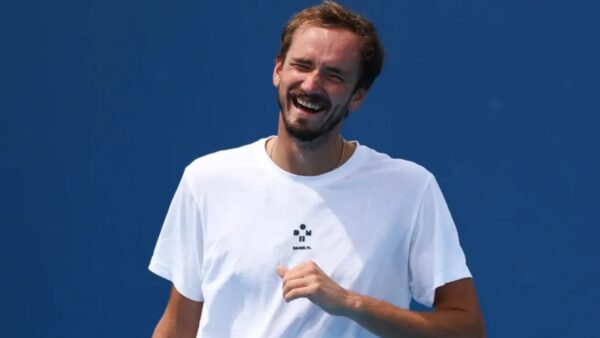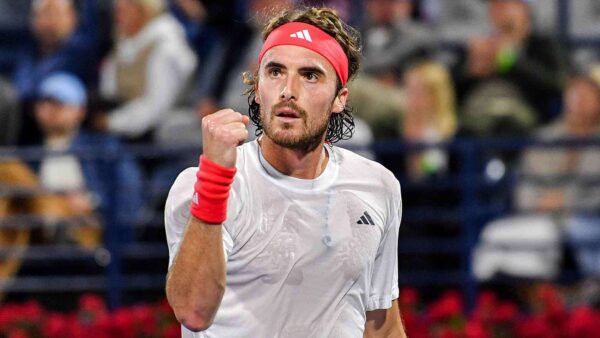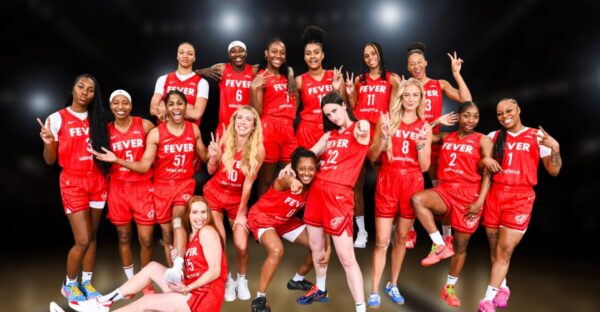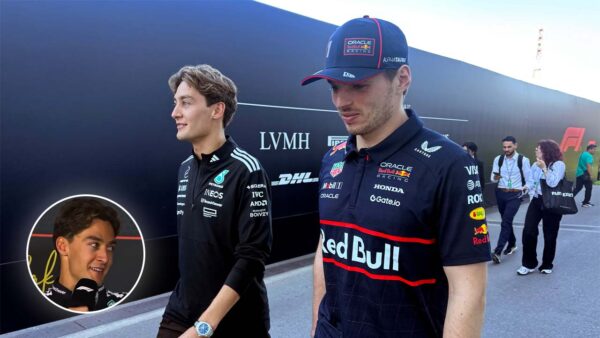‘It was love at first sight, even though I was afraid at first’ – Four time Olympian Edson Bindilatti opens up on his journey from a decathlete to bobsledding and much more | Firstsportz Exclusive

Edson Bindilatti
🔍 Explore this post with:
Hailing from the arid region of northeastern Brazil, Edson Bindilatti had always dreamt of representing his nation at the grandest stage, the Olympic Games. He started off as a decathlete and was the national champion for six years in a row. While he went on to represent the South American country at the quadrennial extravaganza, it was not in the decathlon.
Edson Bindilatti made his debut at the Salt Lake Winter Games 2002 in the four-man event of bobsleigh. The Brazilian athlete was introduced to the sport by Boston-based bobsleigh enthusiast Eric Maleson. It was at Lake Placid where he first experienced the winter sport and was hooked to it. Ever since 2002, Edson Bindilatti has featured in three more Olympics and is the pioneer of bobsleigh in the tropical country.
Edson Bindilatti shares that he was inspired by watching the 1993 movie “Cool Runnings“, loosely based on the first Jamaican bobsleigh team, which formed for the 1988 Winter Olympics. The 42-year-old is far from over in the sport and is gearing up for a historic fifth Olympic appearance at the Beijing Winter Olympics 2022. While the Brazillian team has not been able to win an Olympic medal, Edson Bindilatti and Co. have been improving by leaps and bounds with every edition.
Edson Bindilatti spoke to FirstSportz in an exclusive chat about his journey from a decathlete to bobsledding, his training regime, mental health and more.
Excerpts from the exclusive interview with Edson Bindilatti

You were a decathlete to start with. How did you come to be one? What pushed you to take up athletics?
Yes, I was a decathlete, because I have the facility to do several modalities, my coach at the time wanted to test me in Decathlon, and it was a race that I loved right the first time. Before arriving in athletics, I played soccer, volleyball, basketball, but athletics caught my attention because it is an individual sport and depends only on me and my coach.
You were the Brazilian national champion for six years in a row. How tough is it to be so consistent, especially in a sport like decathlon which requires you to excel in 10 track-and-field events?
I was always very dedicated in my trainings, I charged a lot, I stopped going to parties and traveling with my family to train, because I always thought that if I didn’t train, my opponents were training and that motivated me to improve even more.
How did you come across bobsleigh? What inspired you to take it up?

I got to know bobsled from the movie Cool Running. I had expressive results in the decathlon, and someone invited me to compete in bobsled, I said I didn’t know what it was, so they asked me to watch the movie, at the time I was 19 years old and my mother said it was dangerous, but I told her there was no danger, I lied to her because I wanted to know the sport and I can say it was love at first sight, even though I was afraid at first.
Could you walk us through your very first experience of bobsleighing, which we have learned was in Lake Placid, New York?
My first time was very funny, it started at Albany Airport – NY, when we left the airport, it was -15 degrees, I went back to the airport and opened my suitcase and took everything that was winter, and I kept getting cold…lol , when we arrived in Lake Placid, I thought we were going to watch first, but actually a coach asked me to put on training clothes and a helmet, sit in the sled, lower my head and not get up. I said, ‘my god what am I doing here’, but after I went down the first time, I didn’t want to stop anymore.
You have been to four Olympic Games, which is quite a feat. Being from a tropical country, your team will always be at a disadvantage when it comes to preparations. Did that affect your thought process in any way?

Having participated in 4 Olympic Games, I had the opportunity to observe several other nations, and as we are a tropical country, this motivated us every day to try to be the best, because the evolution we had over these years, I believe in in the near future we may be competing with true medal channels.
It must have been tough mustering a bobsleigh team given that the sport was an alien concept for the majority of the population of your country. How tough was it garnering support for the sport given its expensive nature too?
Yes, in the beginning we invited friends from athletics, today we hold selections for new athletes, this shows evolution. As for support, we have a lot of difficulty in getting sponsorship, we have a little support from our confederation, but we still need to evolve a lot. But as here in Brazil people only appreciate it after you win a medal, so we are looking for it.
How do you practice in Brazil given the starkly opposite conditions required for the sport?
We have the same training conditions as any nation, because in the summer the lanes are turned off and no nation trains, and what’s left is the physical part that we can train with the same intensity as the others, and today we have a mobile starting lane where we can train year-round, and we are also looking for sponsorships so that we can build our training center.
Would you like to share about the moment when you marched in the opening ceremony of the Pyeong Chang Winter Games as the flagbearer for your country? How was the feeling?

It was an incalculable emotion, because when we train for an Olympic sport, the dream is always to be able to represent your country in an Olympics, and when we are at the Olympic Games and you are still invited to be your country’s flag bearer at the opening ceremony of the Olympic Games, plays a movie in your head and makes all the effort and dedication to get there, worth it.
What practice looks like for you? Can you take us through your daily training sessions?
I have a periodization, to get in the best possible shape in competitions, which consists of strength training, speed and technical part, I do an our goal now is to invest in studies of materials and knowledge, biomechanics and aerodynamics, we are studying our blades to analyze performance in competition, injury prevention work with swimming pool, pilates and stretching to complete my preparation
Ever since Brazil’s maiden Olympic appearance, the Bobsleigh team has been constantly improving? How do you think the team can do better? Where do you see them at the end of this decade?
Our goal now is to invest in studies of materials and knowledge, biomechanics and aerodynamics, we are studying our blades to analyze performance in competition.
Can you tell us what was your highest moment? What was your absolute zenith moment in your life when you just felt absolutely high and on top of the world?

My most memorable moment was when I entered the stadium of my first Olympics, it was a very good feeling, because there I was making my dream come true, and the apogee was when we were America’s Cup bobsled champions, and I was the best pilot in the circuit.
What keeps you motivated through thick and thin? And how important is mental health for athletes in general?
What keeps me motivated is simply the desire to always be the best, and when that doesn’t happen, I try to keep my feet on the ground and analyze where the mistake was, and fix it for the next one. I find the concern with mental health very interesting, as we know that the better prepared the more difficult it will be for your opponent to beat you, and when it is well worked the results can be frightening.







